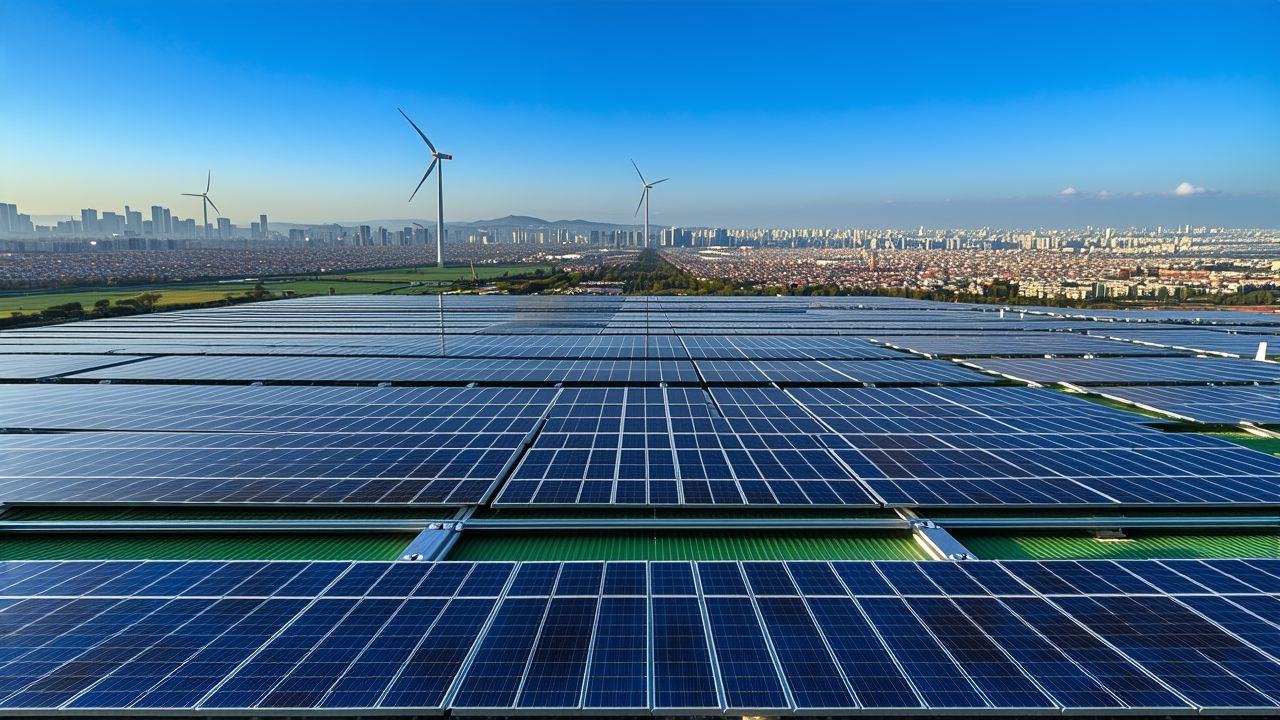Energy Reform Must Go Beyond Cheaper Off-Peak Power
Energy Reform Must Go Beyond Cheaper Off-Peak Power
New Zealand's energy sector has come under intense scrutiny once again, as industry bodies and independent retailers are calling for a complete market overhaul. They argue that the current system is 'broken' and is significantly contributing to the rising cost of living for many households. In response, the Commerce Commission and the Electricity Authority have formed a joint taskforce to investigate potential improvements to the electricity market, particularly after prices hit record highs in 2024.
Recently, the Electricity Authority announced new rules requiring larger electricity retailers to offer lower off-peak power prices starting next year. While this move is a step in the right direction, experts are questioning whether these changes are sufficient to address the broader challenges faced by New Zealanders in maintaining affordable and reliable energy access.
Approximately 30 percent of households are currently experiencing energy hardship, meaning they struggle to afford or access enough electricity to meet their basic needs. This issue is exacerbated by poor housing quality, high energy costs, and the specific needs of vulnerable residents. Research has shown that energy hardship can lead to serious health issues, increased hospital admissions, and a significant mental health toll on those affected.
According to a 18-year study, having power disconnected can negatively impact both physical and mental well-being. Those affected have described feelings of 'stress', 'anxiety', and 'depression', and many have had to choose between paying for food or electricity. Additionally, disconnection can lead to further financial strain due to the loss of food in refrigerators and the cost of reconnection fees.
One of the key factors driving up power bills in recent years has been the combination of a 'dry year' in 2024, which increased the value of hydroelectric generation, and a decline in wind and gas supply. However, these are not the only contributors. Electricity bills also reflect a range of costs along the supply chain, including the new regulatory period for lines charges, which has increased monthly bills by $10 to $25 depending on location.
Meanwhile, low fixed daily charges are being phased out, making the cost of being connected to the grid the same regardless of usage. This disproportionately affects lower-income households, who already spend a larger portion of their income on electricity. As prices rise faster than inflation, more families are at risk of falling into energy hardship.
While new Consumer Care Obligations may help reduce some of the risks for struggling households, a more comprehensive approach is needed. Improving home energy efficiency through programs like Warmer Kiwi Homes is crucial, as is introducing an Energy Performance Rating system for homes. This would help buyers and renters understand the potential costs of powering a home before moving in, and could better target support for those in need.
Supporting not-for-profit power companies and encouraging the installation of rooftop solar through long-term low-interest financing are also recommended strategies. While lower off-peak prices are a positive development, they are just the beginning. Addressing the complex and multifaceted nature of energy hardship requires coordinated action from the government, the community, and the industry.
Kimberley O'Sullivan, a Senior Research Fellow at the University of Otago, emphasizes that the scale of the problem demands more than just temporary fixes. A comprehensive and sustainable reform is essential to ensure that all New Zealanders have access to affordable and reliable energy.
